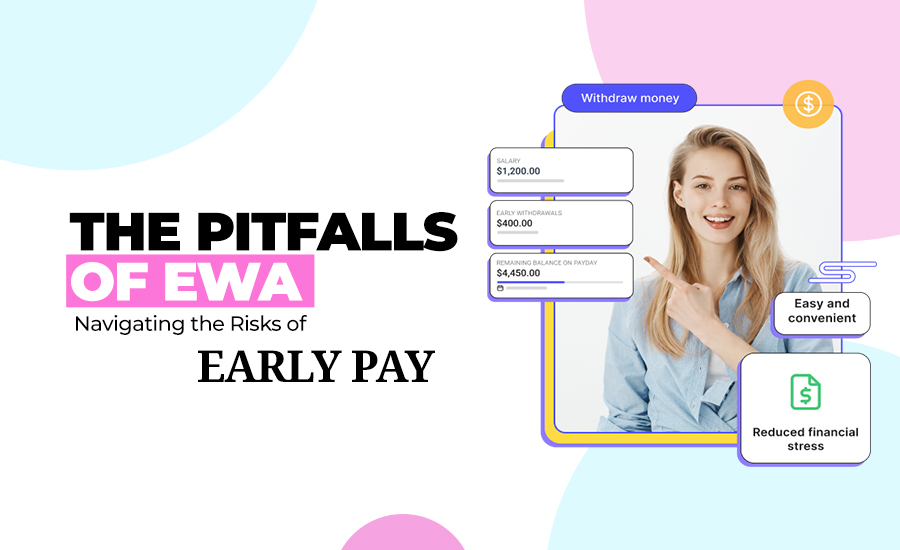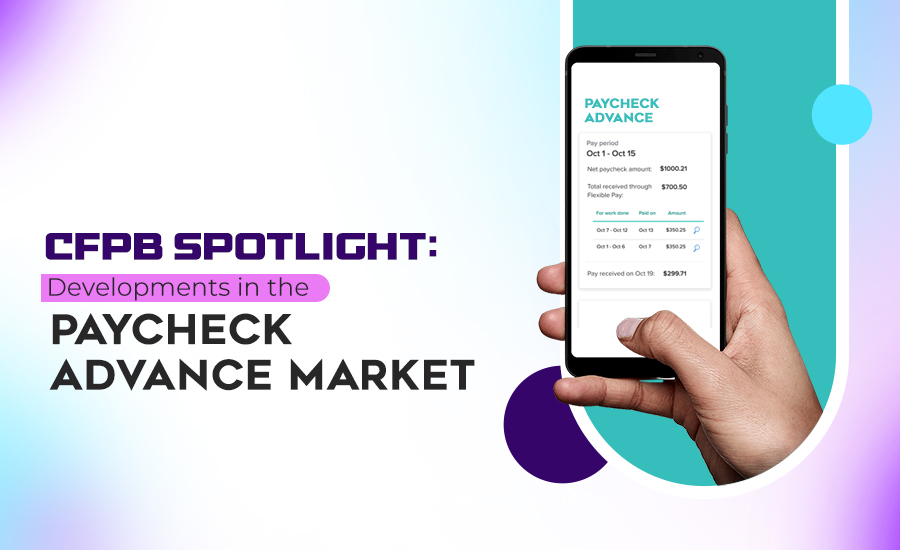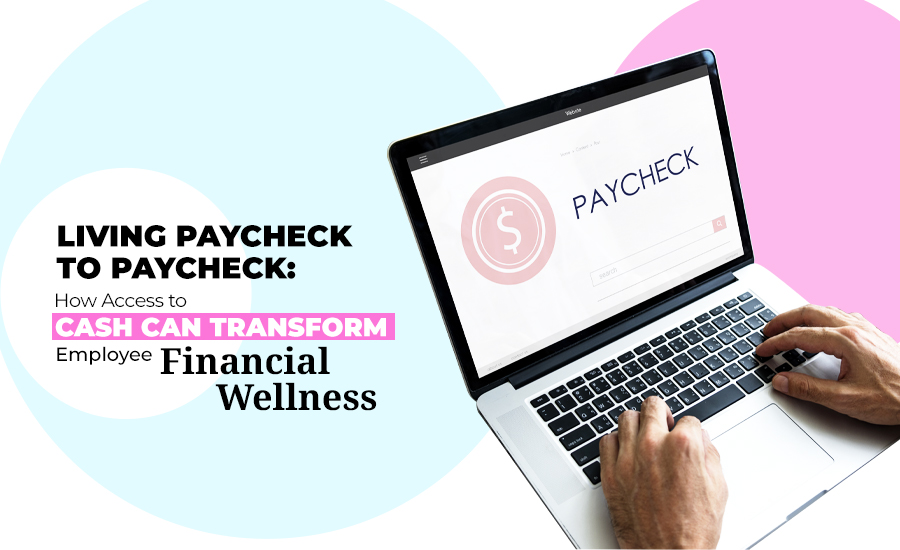Earned Wage Access (EWA) has emerged as a popular financial tool, offering employees the ability to access their wages before their scheduled payday. While this innovation can provide employees certain financial flexibility, it’s crucial to understand and navigate its potential pitfalls, for both employers offering it and employees using it.
Let’s explore the key risks associated with EWA programs and how they can impact both employees and employers.
For Employees
The Risk of Overspending and Financial Dependence
One of the most significant concerns with EWA is the potential for employees to overspend or become overly reliant on accessing wages early. This easy access to funds can lead to impulsive financial decisions, disrupting budgets and long-term financial plans. The convenience of EWA might encourage a spending pattern that doesn’t align with the actual earning cycle, potentially creating a cycle of dependence, where employees constantly rely on early access to make ends meet.
Complex Fee Structures and Hidden Costs
Many EWA providers have complicated fee structures that can be difficult for users to understand. While individual transaction fees may seem low, they can add up quickly, especially for frequent users. Some key points to consider:
- Per-transaction fees can range from $0.49 to $13.99, depending on the provider and speed of access.
- Monthly subscription fees can range from $1.00 to $9.99.
- Some providers encourage tips of up to 25% of the EWA amount.
When these fees are converted to an Annual Percentage Rate (APR), the costs can be substantial. One study found EWA fees equivalent to a staggering 330% APR.
Disruption of Financial Planning and Savings Habits
Regular reliance on EWA can disrupt traditional financial planning and savings habits. By constantly accessing wages early, employees may struggle to develop healthy financial practices, such as budgeting for the entire pay period or setting aside money for savings and emergencies. This can potentially harm their long-term financial stability and resilience.
For Employers
Administrative Complexities for Employers
For employers, implementing EWA systems can introduce additional administrative work. This added complexity may require changes to existing payroll processes and potentially increase operational costs. It also requires letting third parties connect to their payroll systems.
Regulatory Uncertainty
The regulatory environment for EWA is still evolving, creating compliance concerns for employers. The uncertain legal landscape can make it challenging for businesses to implement EWA programs confidently, knowing that regulations may change in the future.
Potential Negative Impact on Employee Financial Health
If not used responsibly or combined with proper financial education, EWA could potentially worsen an employee’s overall financial situation. The ease of access to funds might mask deeper financial issues or prevent employees from addressing the root causes of their financial stress.
Reputational Risks for Employers
Businesses offering EWA services may face reputational risks if employees experience negative effects from using these services or experience harassment by the EWA service providers, who have interest in pushing employees to take more advances. Any adverse outcomes could reflect poorly on the employer, potentially impacting their ability to attract and retain talent.
Conclusion: Balancing Benefits and Risks
While Earned Wage Access can offer valuable financial flexibility, it’s crucial for both employees and employers to approach these programs with caution. To mitigate risks, consider the following:
- Consider whether EWA is your best option for offering your employees financial flexibility. Other comprehensive Financial Wellness solutions such as Bridgeover, offer substantial advantages over EWA.
- A robust financial education program alongside workplace financial wellness offerings is important to maximize the benefits to your employees.
- Encourage responsible use by your employees of the Financial Wellness solution through clear guidelines and limits.
- Look into financial wellness solutions where the interest of improving the employees financial well-being is an aligned interest of all stakeholders- employee, employer and benefit provider.
By choosing the right Financial Wellness solution, organizations can harness the benefits while eliminating potential negative impacts on their workforce’s financial well-being.





